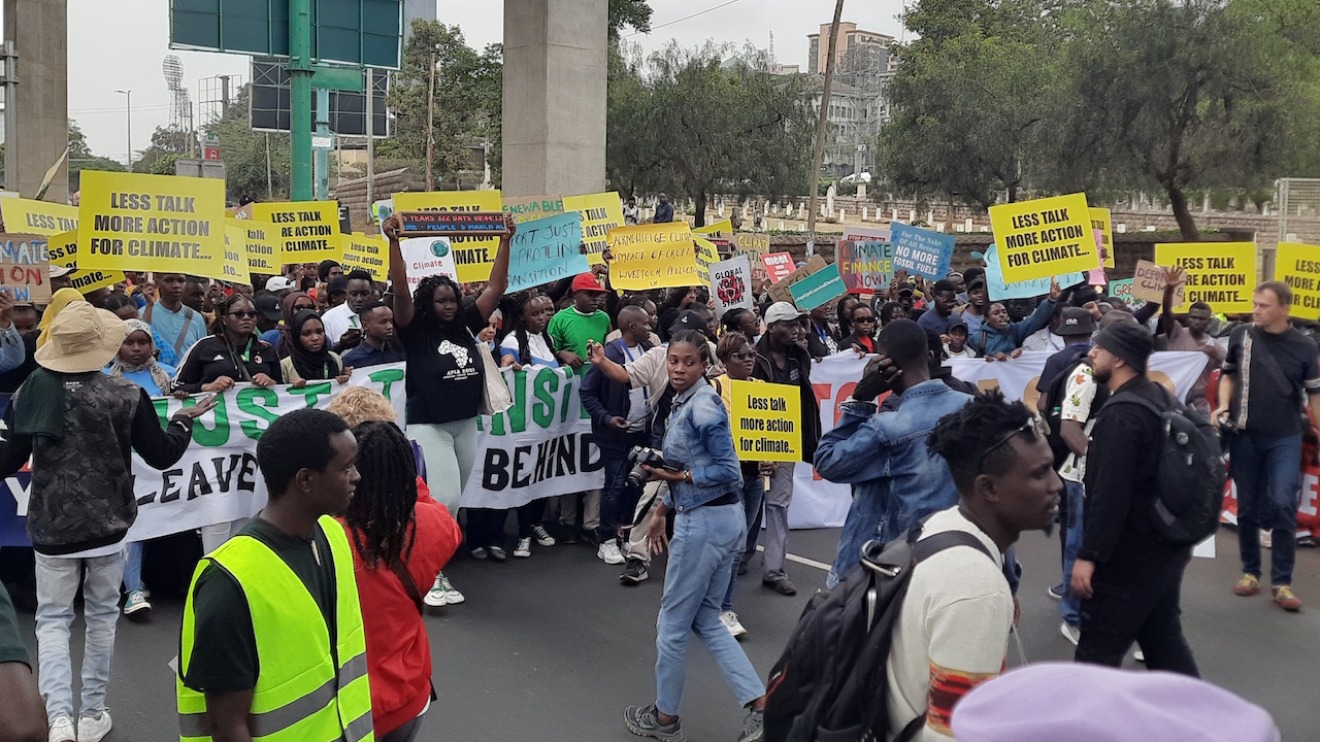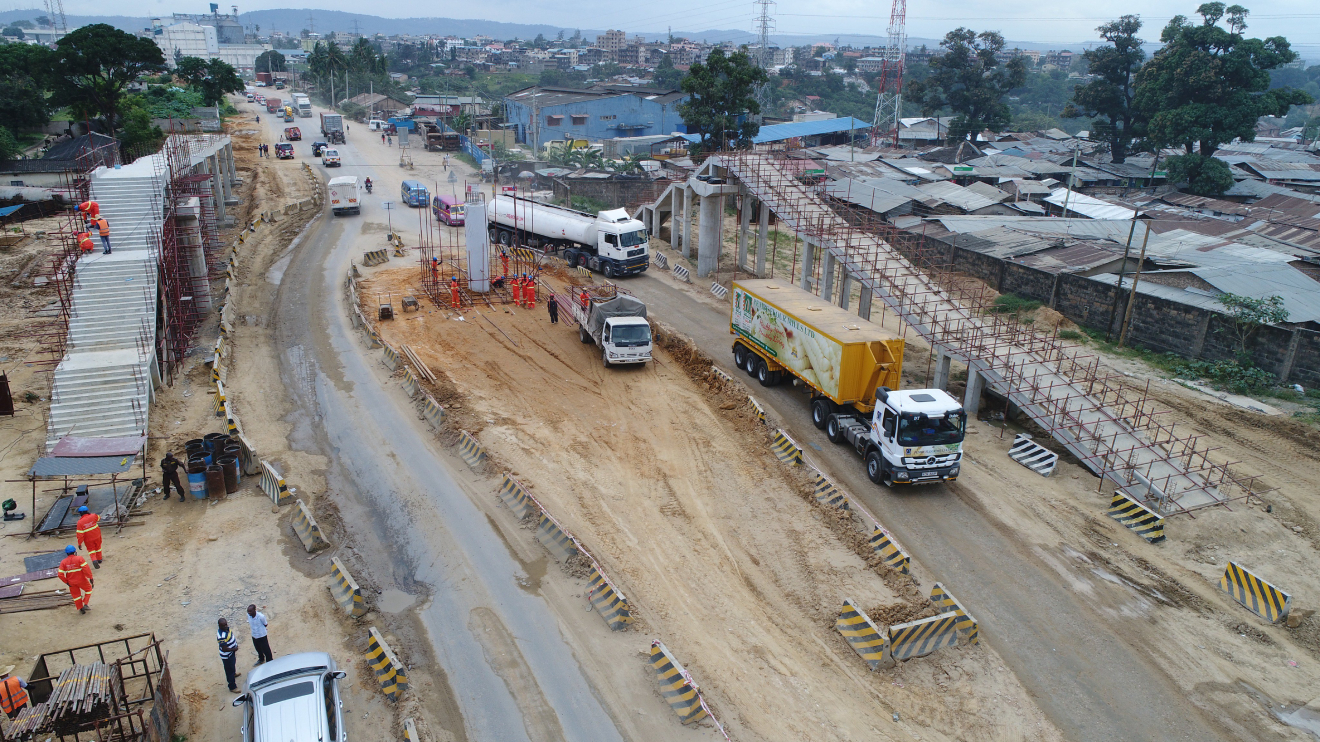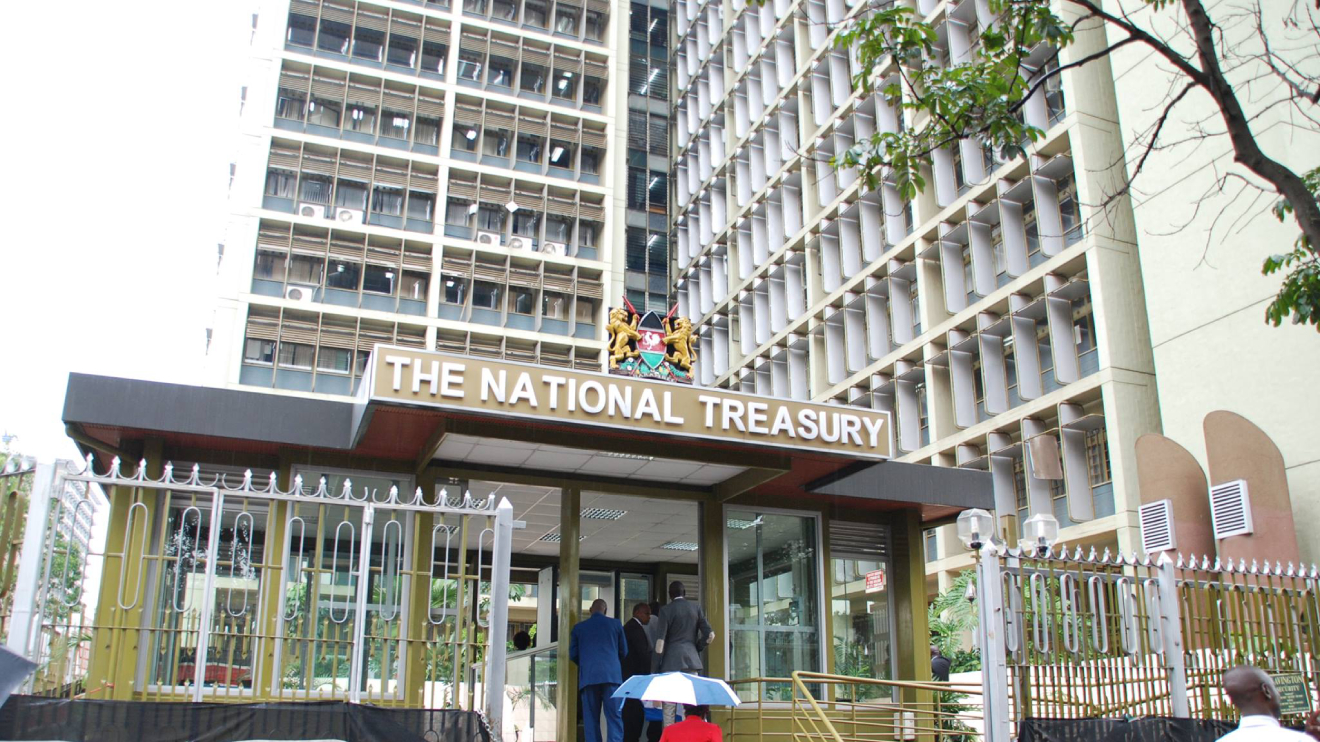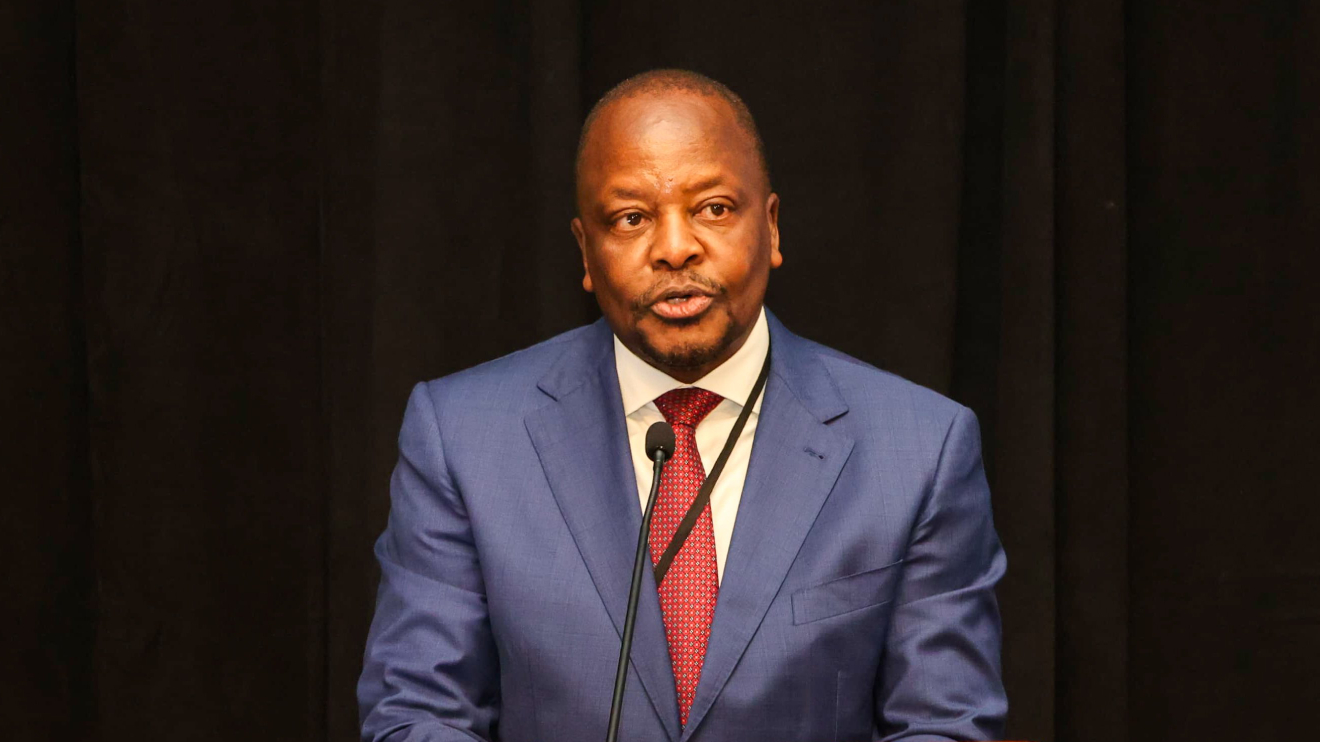Civil society groups, spearheaded by Greenpeace Africa, took to the streets of Nairobi on Monday to voice their concerns at the ongoing Africa Climate Summit, dubbing their demonstration the "Africa Climate Summit People's March."
The march, which commenced towards the Green Park bus terminus, underscored the protesters' belief that tangible actions must replace mere boardroom discussions in the fight against climate change.
Chanting "no more gas, no more coal," the groups united in their call for an end to the utilization of fossil fuels and greater financial support for the climate change agenda in Africa.
The demonstration, marked by its fervent cries for environmental justice, drew attention to the severe consequences of inaction on the African continent.
The Africa Climate Summit, a prominent event taking place at the Kenyatta International Conference Centre (KICC), drew significant attention as it convened policymakers, practitioners, businesses, and civil society representatives to deliberate on climate solutions, identify barriers, and explore opportunities in different regions.
Read More
However, the protesters were determined to highlight the urgency of their demands, placing the onus on the African Union to lead the continent towards a sustainable, renewable, and affordable energy future.
“While greedy corporations scramble for Africa’s oil and gas, more severe and frequent floods and droughts are shattering communities. That’s why all eyes will be on the African Union at the hugely important Africa Climate Summit,"
"The Union could either show courage to ensure Africa leads the world in a transition to 100 per cent renewable, secure, and affordable energy, or it could let big oil and extractive industries continue to plunge the planet into disaster after disaster. Urge them to step up and lead by example!"
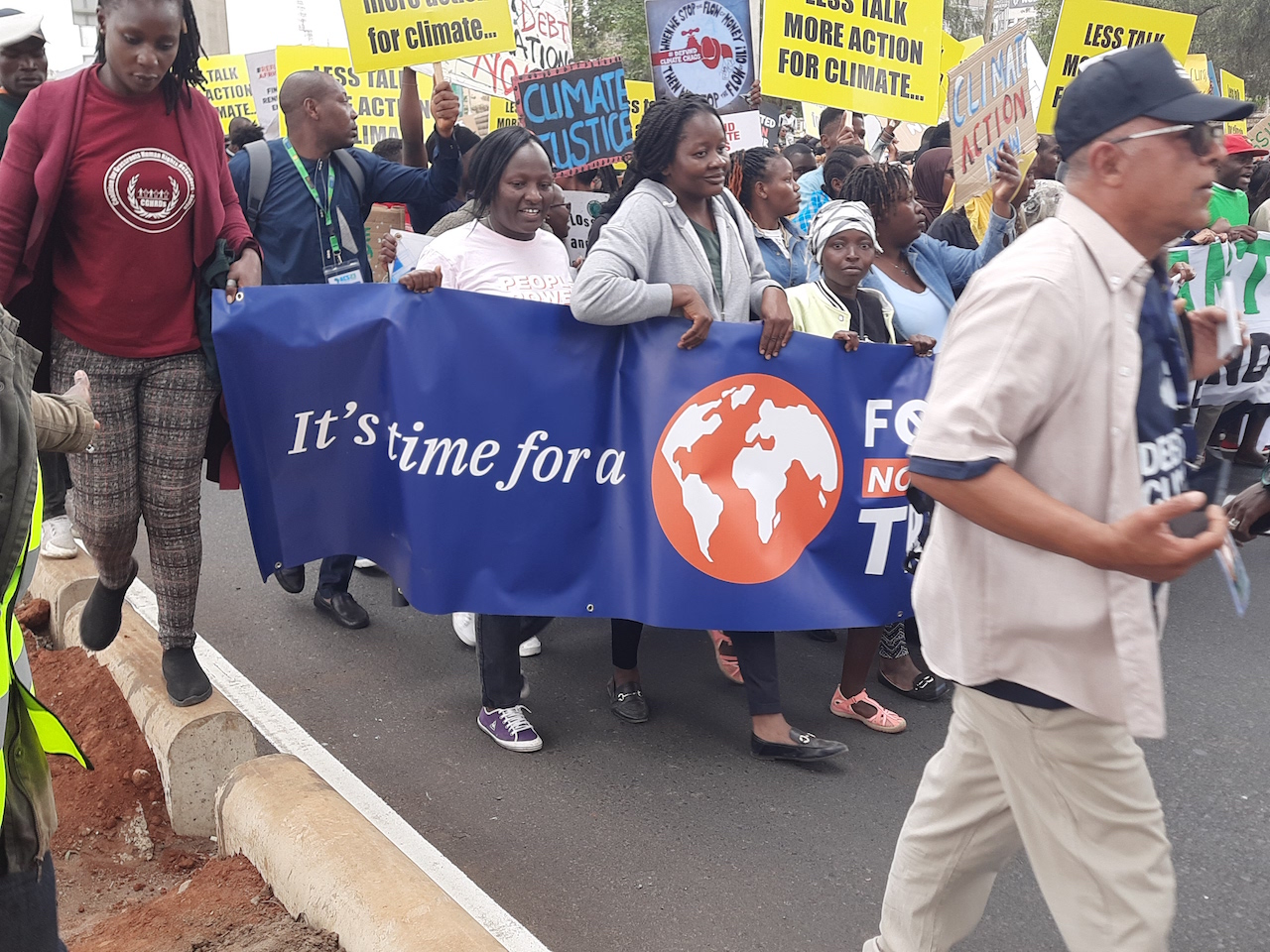
The protesters outlined a comprehensive set of demands, which they believe are vital in combating climate change:
End Costly Fossil Fuel Subsidies: The groups called for an immediate cessation of subsidies that support the fossil fuel industry, thereby ceasing the catastrophic destruction of the climate.
Establish a Loss and Damage Fund: The demonstrators emphasized the need for a fund, financed by carbon tax revenue from fossil fuel companies, to address adaptation measures and mitigate the impacts of climate change.
Protect Coastal States and Island Nations: Recognizing the dire consequences faced by coastal states and island nations, they urged the African Union to act decisively to safeguard their socio-economic and historical significance.
Preserve Biodiversity: In light of biodiversity loss contributing to the climate crisis, the groups called for proactive measures to protect biodiversity in marine and terrestrial ecosystems.
Defend Carbon Sinks: The protesters highlighted the significance of preserving carbon sinks, such as peatlands and the pristine Congo Basin Forest, against deforestation and oil exploration.
Reject Carbon Market Solutions: Lastly, they called for a shift away from offsetting and false carbon market solutions, advocating for genuine climate action instead.
The Kenyan government reported that over 30,000 individuals had registered to participate in this critical event, underscoring the global recognition of the pressing need for comprehensive climate action.
As the world watches, the call for immediate, impactful measures to combat climate change resonates louder than ever, echoing through the streets of Nairobi and across the African continent.

